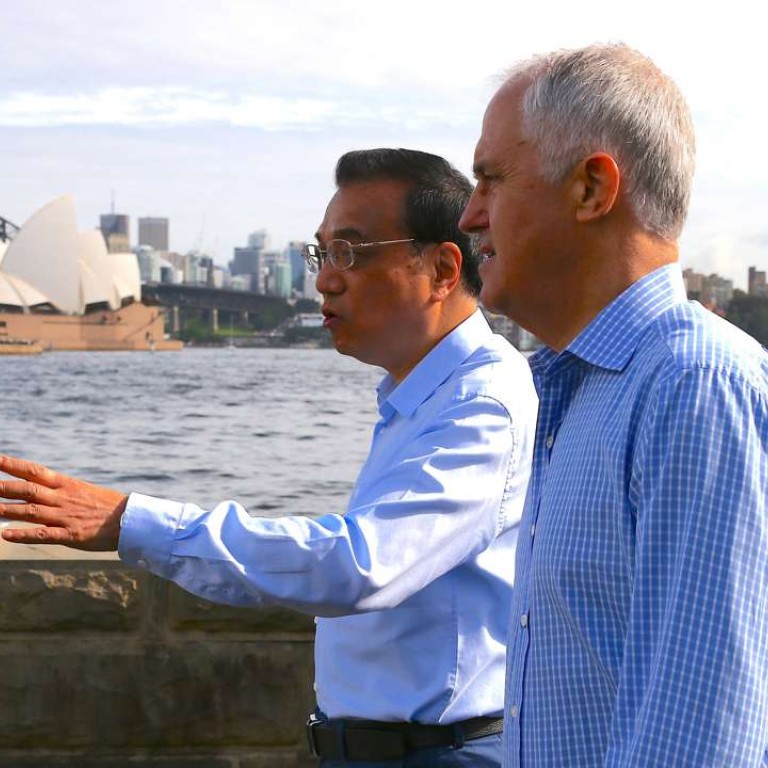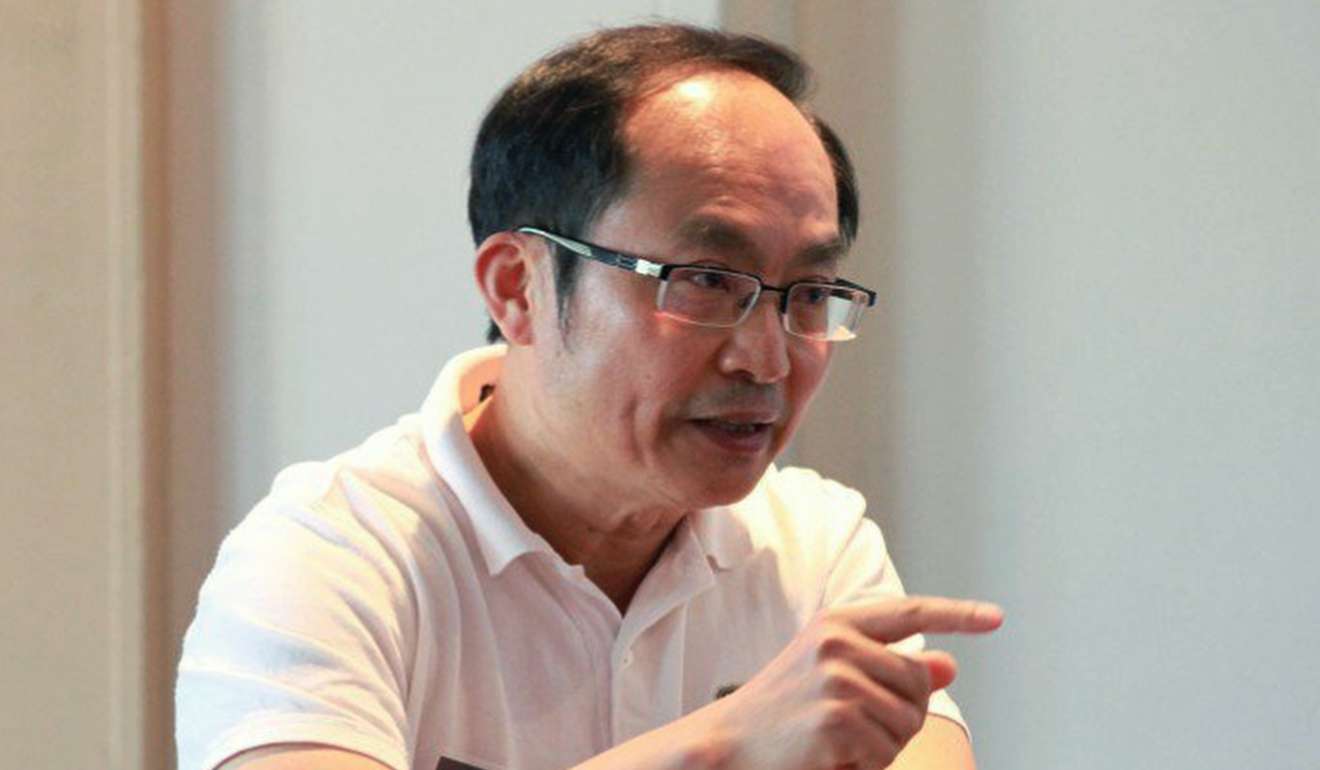
Australia shelves China extradition treaty, after opponents raise human rights concerns
Australian Prime Minister Malcolm Turnbull has shelved plans to ratify an extradition treaty with China, after lawmakers raised questions about Beijing’s justice and human rights records.
Foreign Minister Julie Bishop said in a statement on Tuesday that Turnbull withdrew the treaty after Labor opposition leader Bill Shorten said his bloc wouldn’t support ratification this week. Sky News earlier reported the prime minister realised the resolution faced defeat in the Senate.
The move comes days after a state visit to Australia by Chinese Premier Li Keqiang, who said he respected the nation’s choices in foreign policy. Tensions between the trading partners rose when Bishop used a speech in Singapore earlier this month to say democracy was crucial for nations to reach their economic potential, and called on China to be a responsible global player.
In Beijing, Chinese Foreign Ministry spokeswoman Hua Chunying told reporters that the treaty would help in the fight against transnational crime and promote judicial and law enforcement cooperation.
“We hope Australia can bear in mind the general picture of bilateral relations and proceed with its relevant domestic procedures so as to make the treaty come into force as soon as possible,” Hua said.

Independent Senator Cory Bernadi said in an Australian Broadcasting Corp interview on Tuesday that he opposed the treaty because China didn’t have “an open and transparent legal system”.
Bishop said the ruling coalition would continue to negotiate with the opposition. While the treaty has been in limbo since being arranged by then-prime minister John Howard in 2007, extraditions between the nations have proceeded since then, Trade Minister Steven Ciobo said in a Sky News interview on Tuesday.
It’s not known if current cases of Australians being held by Chinese authorities will be affected by Turnbull’s decision. A group of Crown Resorts employees – including at least three Australian citizens – have been detained in China since October for alleged gambling-related crimes, while Chinese-born academic Feng Chongyi, a professor at an Australian university who has criticised Beijing’s crackdown on political dissent, has been barred from leaving the city of Guangzhou.
However, Bishop said she would continue to work with Labor to get the China extradition treaty ratified because it is “undoubtedly in Australia’s national interests”.
Asked whether there was a link between the extradition treaty and a prisoner-transfer agreement, Bishop said “yes, they were signed at the same time, in 2007”, and confirmed that the Chinese consider them linked.
It was raised on the recent visit by Li, she said.
Asked about the Crown employees in custody in China, Bishop did not explain if they were directly affected but said Australia would continue to make representations on their behalf.
Bishop said it was “far preferable” to withdraw the treaty and seek to address opponents’ concerns than see it rejected.
China has captured 2,566 fugitives who fled to more than 90 countries and regions – recovering about US$125 million – as part of its “Sky Net” campaign between 2014 and 2016, the official Xinhua News Agency said Saturday.
Zhuang Deshui, an anti-corruption expert at Peking University, said Australia’s shelving of the treaty was a setback for China in its bid to bring back corrupt officials and businessmen hiding overseas.
“But [such setbacks] are to be expected, and it is very hard for the situation to be reversed in a short time period,” he said.
Few Western countries have reached an extradition treaty with China, except France and Spain. China is in talks with Canada and New Zealand for a possible treaty.
Zhuang said most of the returned fugitives were suspected of economic crimes, while those officials suspected of duty-related crimes, such as corruption or abuse of power were more difficult to be brought back.
Additional reporting by The Guardian, Associated Press and Nectar Gan

